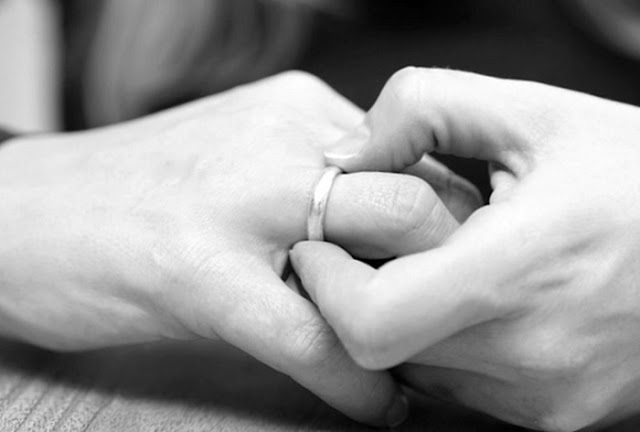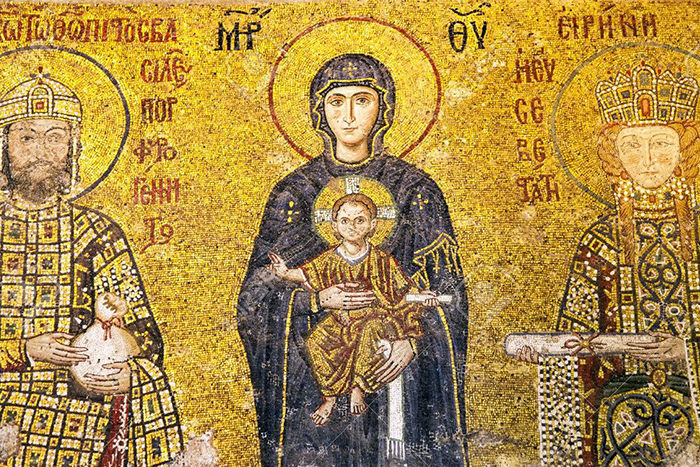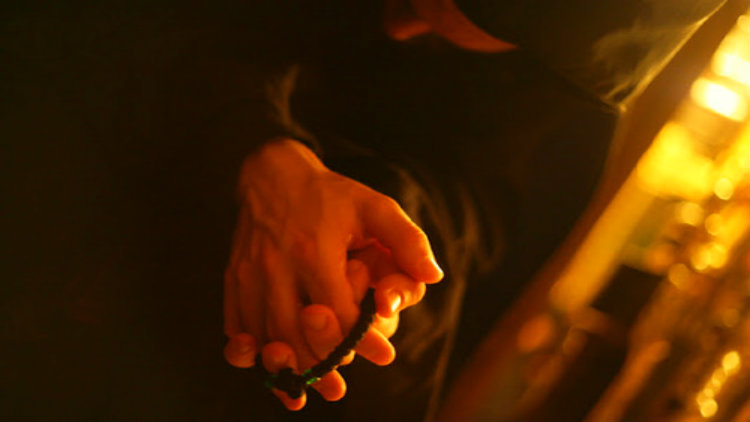
The idea that Christ would have incarnated in the flesh, even if Adam and Eve had not fallen, was taught by a number of early Church Fathers. Although not a formal teaching of the Orthodox Church, the understanding comes from the view that the Logos took on our flesh because God wished to share His Divinity with our humanity. This is called Theosis, or Deification.
The teaching that Christ’s incarnation and death on the cross was intended as a propitiation for our sins (the Father demanding death as payment for our sins), was foreign to the Early Church Fathers. Christ’s death on the Cross, followed by His Holy Resurrection, was seen from the beginning, as the destruction of the power of death over the whole of the cosmos. The fall introduced death into the world, for before the fall death was unknown, even in the whole of the cosmos. We did not inherit Adam’s sin, but rather the result of his sin, death.
Theosis (“deification) is the process of a worshiper becoming free of hamartía (“missing the mark”), being united with God, beginning in this life and later consummated in bodily resurrection. For Orthodox Christians, Théōsis (see 2 Pet. 1:4) is salvation. Théōsis assumes that humans from the beginning are made to share in the Life or Nature of the All-Holy Trinity. Therefore, an infant or an adult worshiper is saved from the state of unholiness (hamartía — which is not to be confused with hamártēma “sin”) for participation in the Life (zōé, not simply bíos) of the Trinity — which is everlasting.
With love in Christ,
Abbot Tryphon



